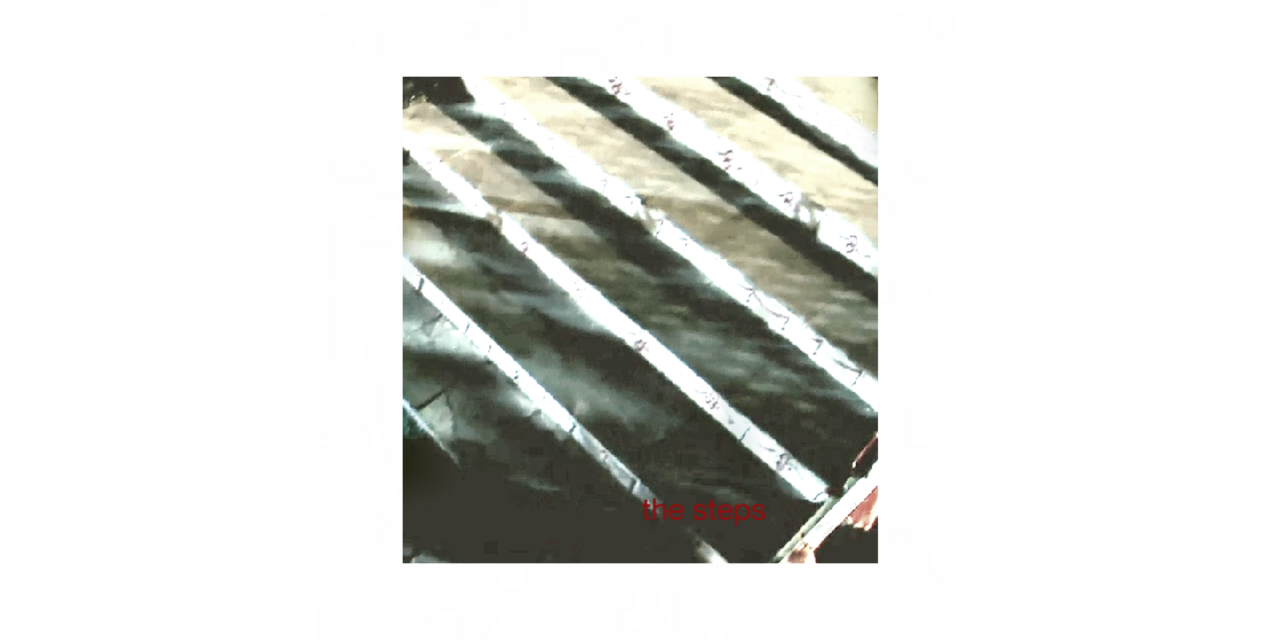If you happen to live in Bungalow Number 7 in Digboi, you’ll know you have to climb sixty steps up the tila to the house. This being Digboi in Upper Assam, the terrain is dotted with tilas or hillocks; on top of many of these sit bungalows built by the Assam Oil Company. The company’s officers live in them.
Digboi, if you’ve never heard of it, is a town up in the north east of the north eastern state of Assam, where Asia’s first oil well was drilled back in the late 1800s. In 1901, the continent’s first refinery came up here. It’s the world’s oldest operating refinery today and the over 100-year-old oilfield is still going strong. There are stories about elephants and tigers and life and death hidden among the forests and oil rigs and tilas here, but today it’s the ghost at No. 7 that I’d like to tell you about.
My mother went to live in Digboi after getting married. My father worked for the oil company. The house was spacious with polished wooden floors. It sat on stilts amid undulating gardens taken care of by the mali, or gardener, the company employed. The jamadar, or sweeper, was also a company employee and came over every day to clean the place. Attracting people to work in that remote corner of the country couldn’t have been easy, which is why perhaps the company made life as comfortable as possible. Everything was provided, from furniture and carpets down to bed sheets, towels, crockery, cutlery… and of course, plenty of help. Petrol was free.
The staff lived in the quarters, or as they say in Assam… the line. This was behind the bungalow at the base of the tila. My mother remembers struggling with cooking… not exactly her most favourite activity. But still, she was determined to get the hang of it, and apart from boiling poppy seeds whole (which you can’t really do), there aren’t too many disaster stories emerging from that newlywed’s kitchen. But speak of her first home in Digboi and she’d mention the sixty steps.
My father and she would frequently climb up and down those, very often late at night after coming back from the club. Assam was tea and oil country, natural and green and far from city lights. Not too many restaurants and theatres around. The club was where people got together, chatted, played tennis, golf, badminton, tt, billiards… drank. Weekends meant going there, even some week days, since office was done by 3 in the afternoon, starting at 6 am.
So, there were many many nights when my mother and father trudged up those steps after parking the car in the garage below. On the thirtieth step, halfway up, was a lamp post.
I think my mother used to get lonely at times, otherwise why would she have had that conversation with the jamadar that day?
It was late evening, and the man was hurrying past her when she saw him and called out. She wanted to know why he was there till that hour. He looked a little embarrassed. Possibly had come to chat with the cook or something. He mumbled something and said he’d better rush.
Then exactly why I haven’t any idea, he told her about Mr Right.
To give a little context, India was under British rule when oil was discovered here by accident and the Assam Oil Company was set up in 1899. Naturally, most officers of the company were Brits. Even after independence, Assam’s tea estates and oil towns had many white planters and oil men.
The jamadar said, the ghost of Right Sahab could be seen on those steps at night.
My mother frowned, taken aback. Ghost? Really? She was a little amused as well, for she absolutely didn’t believe in such things. She asked him, who Right Sahab was and where did he appear.
The jamadar replied, Right Sahab was an Englishman, who used to work here many years ago and lived in No. 7. Later, he died there. And at night when you walk up or down those steps, you see him standing by the lamp post on the thirtieth step.
My mother wanted to know who had seen him. The jamadar said, Everyone, all the people who worked in the house.
My mother was quite tickled by now, she wanted to know if they were scared… what did they do when they saw this apparition?
The jamadar shook his head, No, they were not afraid of him really… Right Sahab was a very good man. He didn’t harm anyone. He just stood there quietly in his suit.
As they passed him by, they’d stop and say, “Goodnight, Mr Right.”
At this, Right Sahab nodded and replied, “Goodnight!”
They walked ahead and he disappeared.
While telling this story to us, my mother’s eyes would shine brightly at this point. She was definitely amused by this exchange between the mortal and ghostly realms, that too in chaste English.
She said to the jamadar then, “But Sahab and i come up those steps late at night so often, how come we haven’t seen your Right Sahab?”
The jamadar said simply, “You can’t see him, Memsahab, because you are pade-likhe log… educated people. But we can see him.”
Then he left.
A strange look would come into my mother’s eyes as she ended her story.
…………………………….
Was there really the ghost of Mr Right on the thirtieth step? Does our extremely rational perspective of this world, the shooing away of all things we can’t explain, the layer of “knowledge” about us, really make it impossible for us to perceive things the not formally educated can? The jamadar’s reply was interesting. The hungry ghost month is on in Singapore right now. Among the Chinese it is believed, this is the time of spirits and they offer prayers and gifts to the departed. I have always been scared of ghosts and been laughed at roundly by all. Including very young cousins. At thirty seven, when i came to Singapore and no one rolled there eyes at the idea of ghosts, I can’t explain the feeling of relief, practically joy. This story is entirely from memory, I might have got the house number wrong. I wrote this story on August 17, 2016
………………………………………….





